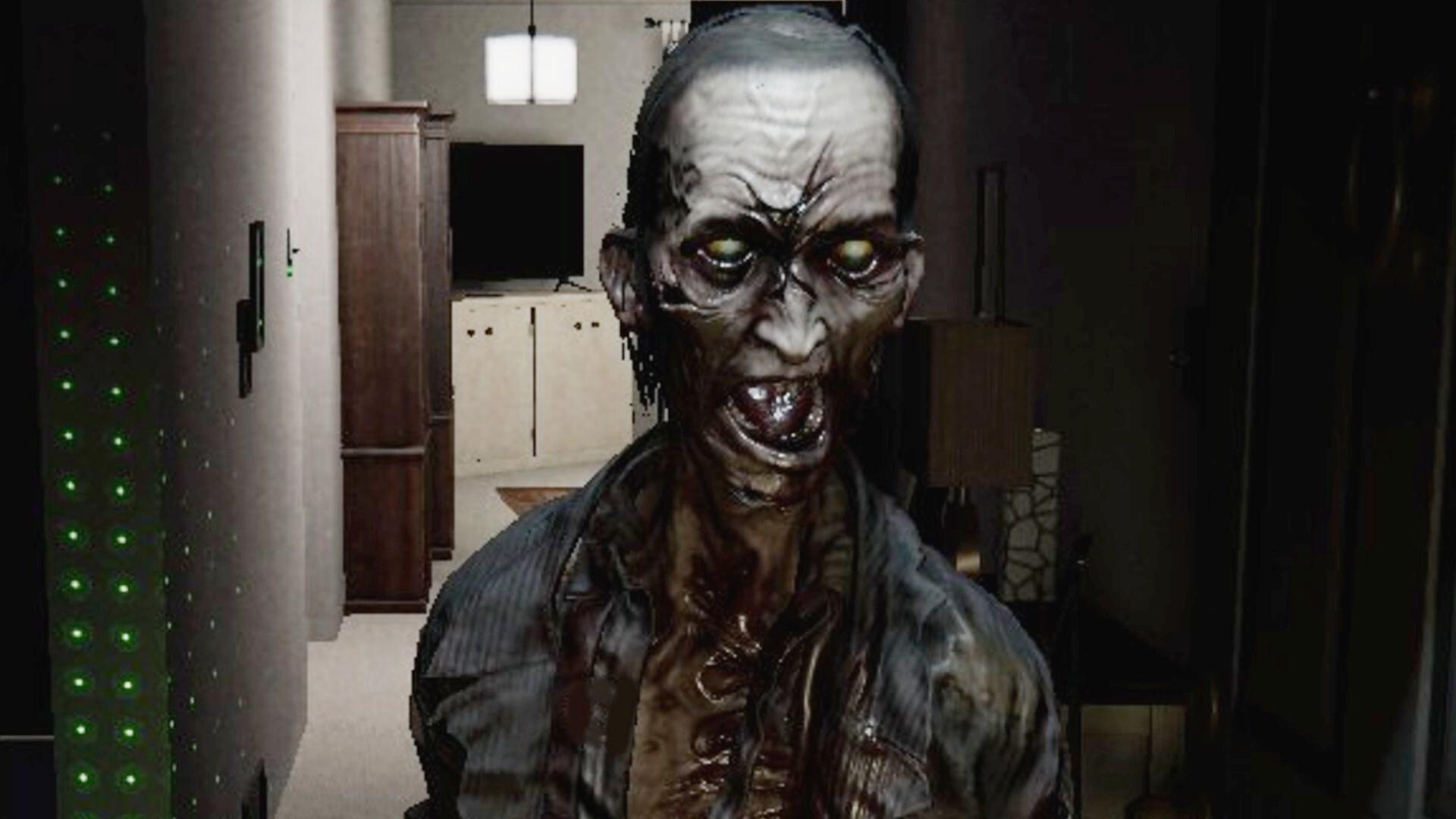-
أخر الأخبار
- استكشف
-
الصفحات
-
المدونات
-
المنتديات
Phasmophobia rejects the live-service grind: "you want to play the game because it's fun, not because you're on a treadmill"

Phasmophobia rejects the live-service grind: "you want to play the game because it's fun, not because you're on a treadmill"
I recently got back into Phasmophobia after a few years off, and among the Fortnites, Dead By Daylights, and Call of Duties of the gaming world, one thing that struck me was the game's (welcome) lack of live-service elements. In a time where it seems every game is fighting for 100% of your attention and time, Phasmo offers a refreshing break from battle passes and seasonal FOMO. Instead, Kinetic CEO Daniel Knight and art director Corey Dixon tell me the horror game's progression comes in learning the ropes.
Speaking with the Phasmophobia team at its recent Nell's Diner launch event, I ask the pair about their thoughts on games as a service. "Yeah, I think it's definitely changed players' expectations," Knight says. "For us, we've never called [Phasmophobia] a live service but, because of the popularity, everyone assumes it is. We do have some seasonal content, but that's basically as far as we go."

This seasonal content takes the form of small holiday events like Halloween's Crimson Eye, for example. While it featured haunting new aesthetics on maps, including red rain and demonic symbols, and the ability to unlock a new player card by completing challenges, there are only around three of these a year. And you're not missing out on anything game-changing if you don't play them. Essentially, it's still the same Phasmo as ever.
"We'll never call ourselves a live service," Knight reiterates, "We don't want to go down that route." When I ask for clarification, he continues, "I think, for us, we don't have microtransactions or DLCs or anything like that. We only have the initial sale. We don't want to go down that microtransaction route that you get in all these live-service games."

Looking at it from another perspective entirely, Dixon adds, "I think it adds a lot of pressure, as well. Like, you become very time-sensitive as soon as you start doing that. We obviously want to create content in a timely manner, but we release things when they're ready. We're not like, 'We have to do ten updates a year,' and this kind of thing. It creates a much better work environment. You hear about some of the companies that have crunch and really stressful work environments, and we don't have that."
"We're in a very lucky position to be self-funded and self-published," Knight continues. "So we set our own milestones and our timeline, and we're happy to push things back. With live-service games, there are updates, like, every other month. We don't want to put ourselves under that kind of pressure."
So what keeps players coming back, then? Basic progression is found in unlocking items by levelling up, but what's the appeal once you've earned it all?

"There's so much to learn about the game, so, yes, you can get to a max level, but the progression for us is knowledge," says Knight. "There are so many different things to learn about all the ghosts. The higher difficulty you play, you have less evidence. You can play custom difficulty to remove the evidence altogether. That side of the game is where the hardcore players will be, rather than, you know, maxing." Proud of this, Knight confirms, "We don't have any plans to change the progression."
Rounding out the topic, Dixon gives his opinion on the matter. "[With] us being self-funded, we're in a position where we can try and be like those games we played as kids - you want to play the game because it's fun, not because you're on a treadmill or something. People play Phasmo because they love it. Like, we're not trying to just suck you in and keep the player's attention, you know. You want to just make it a fun game that people want to play because it's fun."


